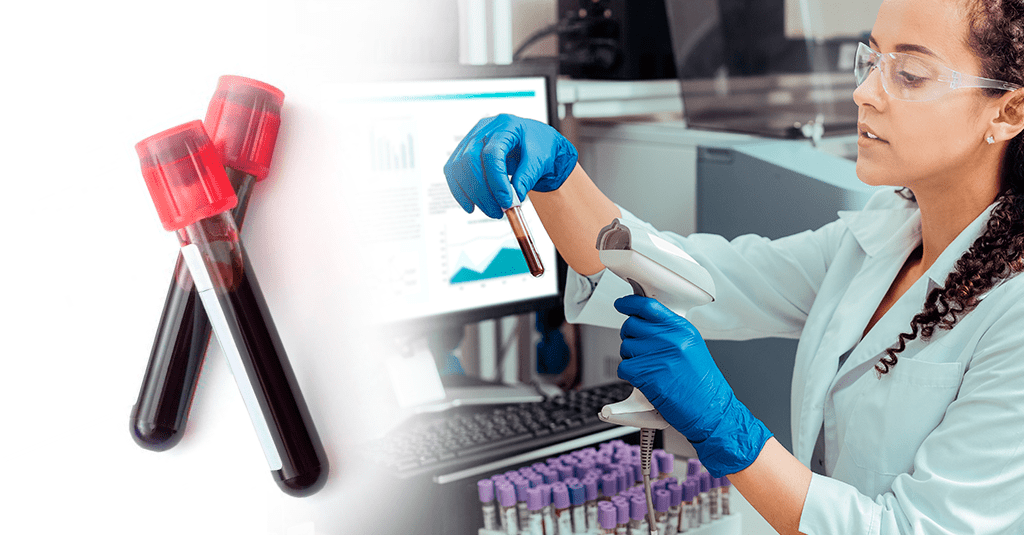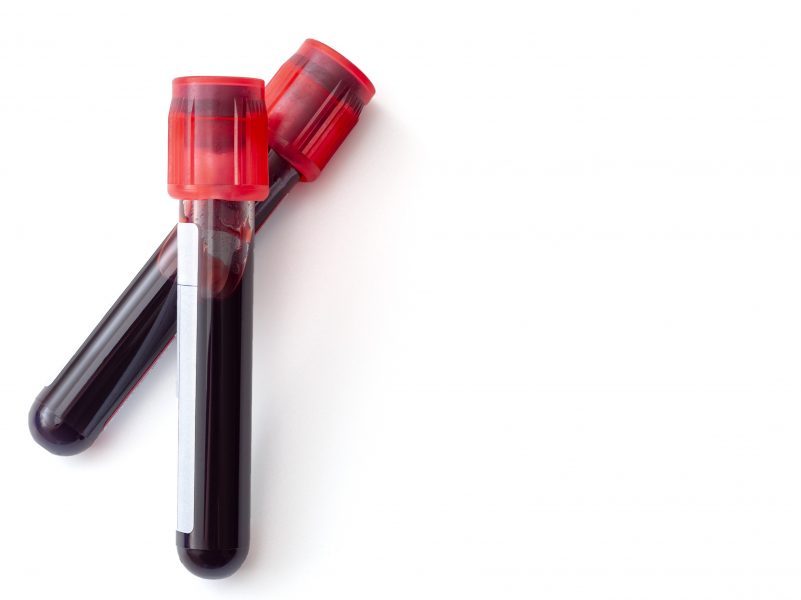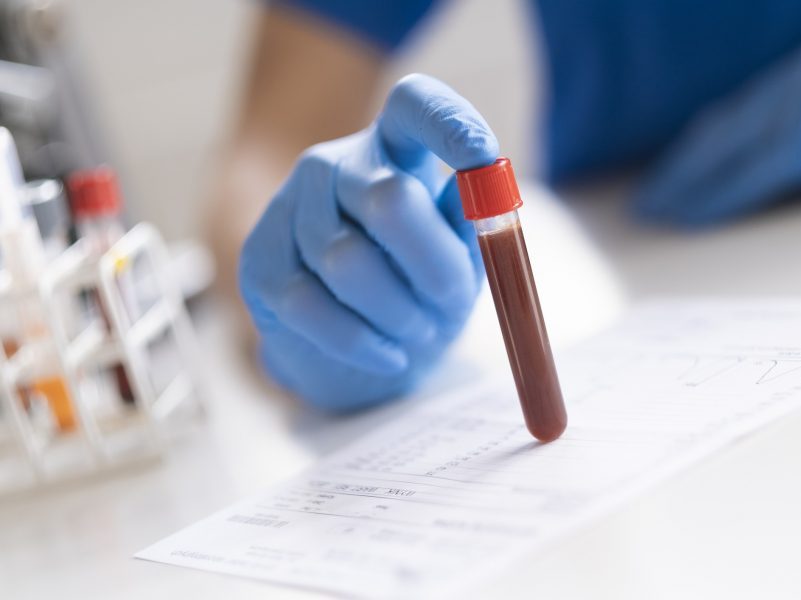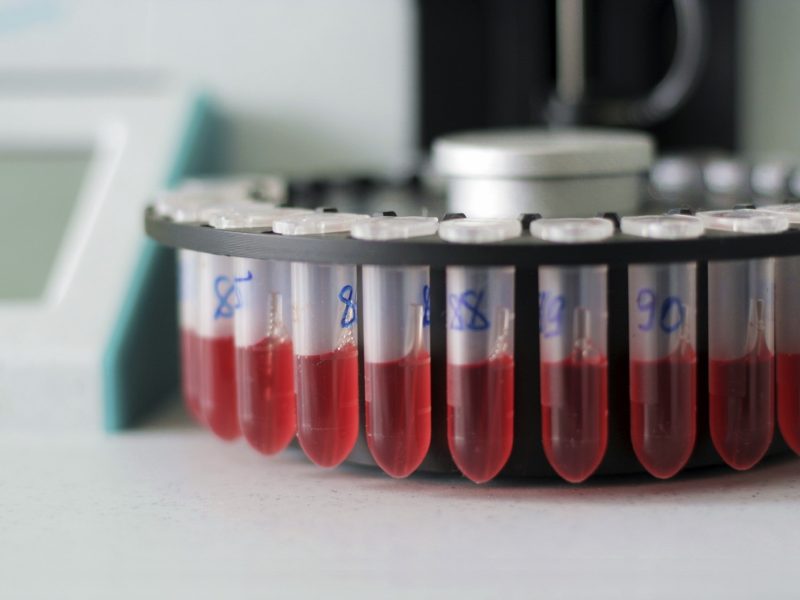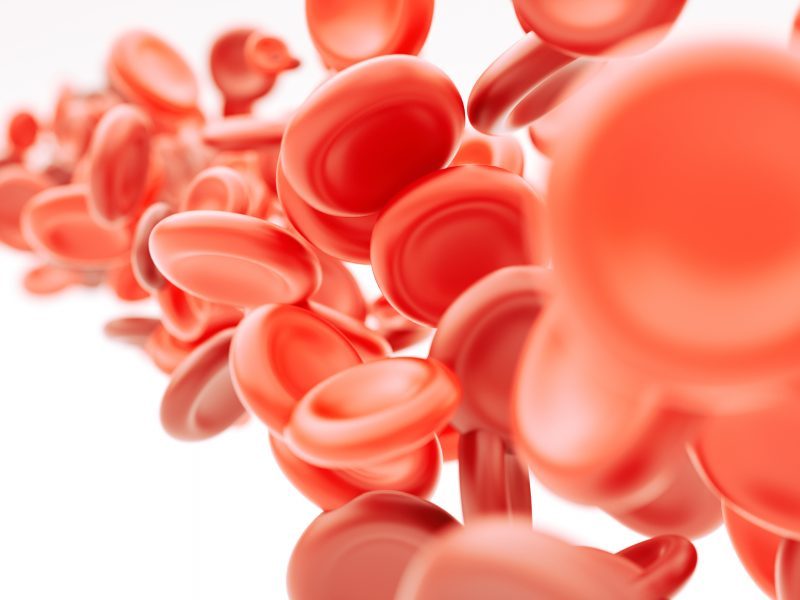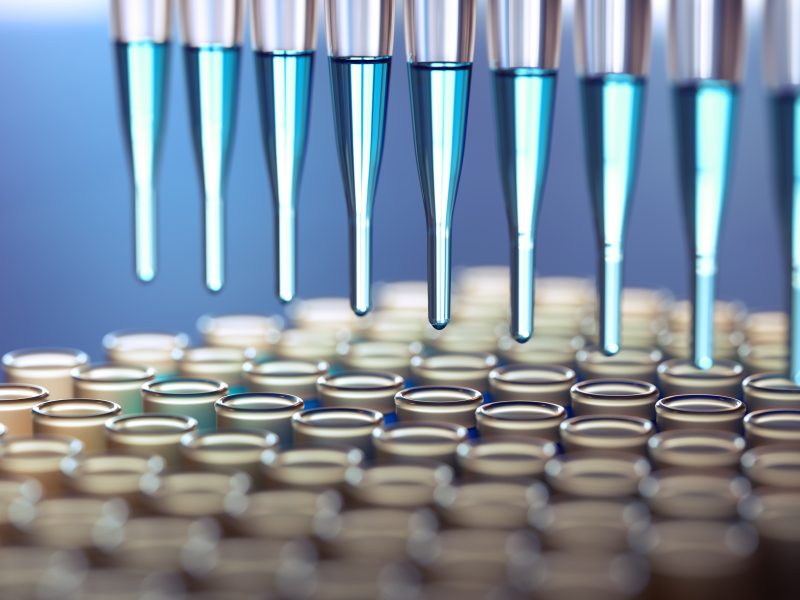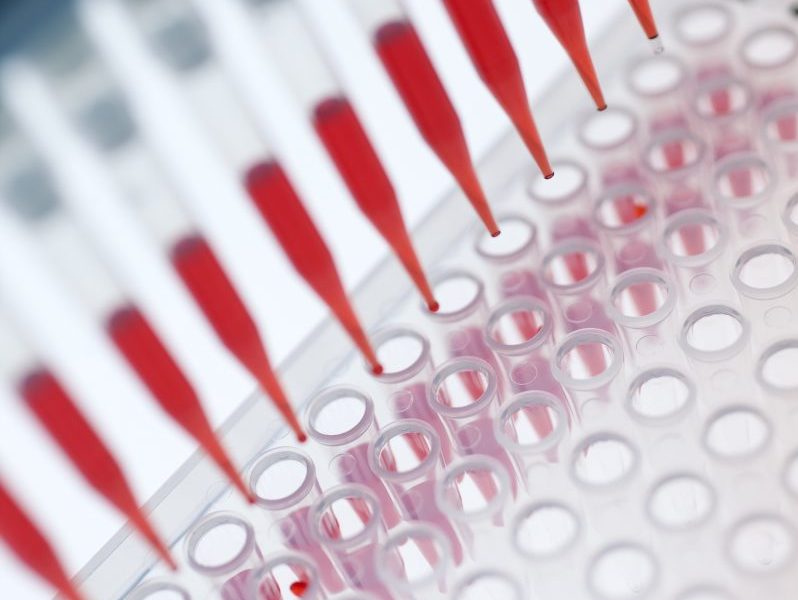Fundamental in medical procedures, Immunohematology evolves continuously, requiring updates from professionals and controls for more assertive and efficient results
Immunohematology is a specialty of Hemotherapy related to transfusion medicine. The analyzes of this specialty, in addition to being fundamental for the diagnosis of pathologies of the hematological system, avoid transfusion reactions.
As with any medical or technical procedure, the main objective of transfusion is to bring benefits to the recipient, despite the risks involved. In this sense, immunohematological tests mitigate these risks, performing the verification of blood compatibility between donor and recipient, in order to ensure therapeutic efficacy and safety of the donation.
Immunohematology is part of a scenario of continuous evolution, from the quality control of reagents and techniques, to the insertion of new automated systems, in addition to professional specialization.
Applied to diagnosis, this evolutionary scenario of the exam impacts on improvements and, consequently, more assertive and efficient results. Additionally, it contributes to better performance for the professionals involved.
In the last ten years, new analytical methods for the production of monoclonal antibodies have revolutionized the diagnosis of immunohematological analysis. According to studies performed, for the polymorphism of human red blood cells, the production of new inputs becomes essential. Biotechnology has contributed significantly to the specialty, adding more sensitivity to the studies of various methods and equipment.
Control of processes and deviations from results
The main challenge of Immunohematology is professional training to identify and improve the critical points of the processes, such as: collection errors, failures in the correlation of results with the clinical picture and in the specification of quality control. The technical analysis team must always be updated, whether in the literature, in the technical practice of new and reactive systems and in the interpretation of all process variants.
In order to establish safe and reliable processes in Immunohematology exams, some factors are fundamental, such as: quality control, professional training and clinical knowledge, which collaborate in the correlation of results with the patient’s clinical condition.
Quality Control
Routine transfusion and immunohematology studies of patients include several tests to ensure safe and effective transfusions. Controlling the quality of the reagents, monitoring the efficiency of the analyzes and other techniques involved in the diagnosis, evidences the commitment to the excellence of the exams. Applying continuous improvement increases productivity, reduces rework, waste and process inefficiency.
Professional updating and knowledge added to the frequent use of quality control is one of the main factors in eliminating errors. Keeping all variables under control, from sample collection to the final result, including equipment and reagents, will give credibility to the report and security to the analysis routine.
Considering the potential severity of some transfusion reactions, it is essential to adopt measures to avoid fatal occurrences. In this sense, implementing preventive actions in the routine that allow the early identification of failures guarantees the release of accurate results and allows the immediate establishment of appropriate therapeutic measures for the patient.
The Quality Control (QC) for Immunohematology offered by Controllab has a range of programs and tests to ensure the reliability of manual and automated analysis processes.
Check the Immunohematology programs that Controllab offers:
|
Programs |
Available Tests |
Available Services |
| General |
|
  |
| Automation |
|
  |
| Eluate |
|
  |
| Fenotipagem Rh e Kell |
|
 |
| IAI |
|
  |
| Cross-matching |
|
 |
| TAD |
|
 |
| Anti-A Titration |
|
 |
| Anti-B Titration |
|
 |
| Anti-D Titration |
|
 |
Related program
-
CL
General Immunohematology
ABO and Rhesus – RH Systems Search for Extravascular Antibodies – Father (Indirect Coombs)
EPCICLÍNICO -
CL
Immunohematology – Automation
ABO and Rhesus System – Rh (D) Extravascular Antibody Survey – PAI (Indirect Coombs) Research of Intravascular Antibodies – TAD (Direct Coombs)
EPCICLÍNICO -
CL
Immunohematology Phenotyping RH and Kell
Antigens D, C, c, E, e, Cw, K, k, Kpa, Kpb RH system genotypes
EPCICLÍNICO

